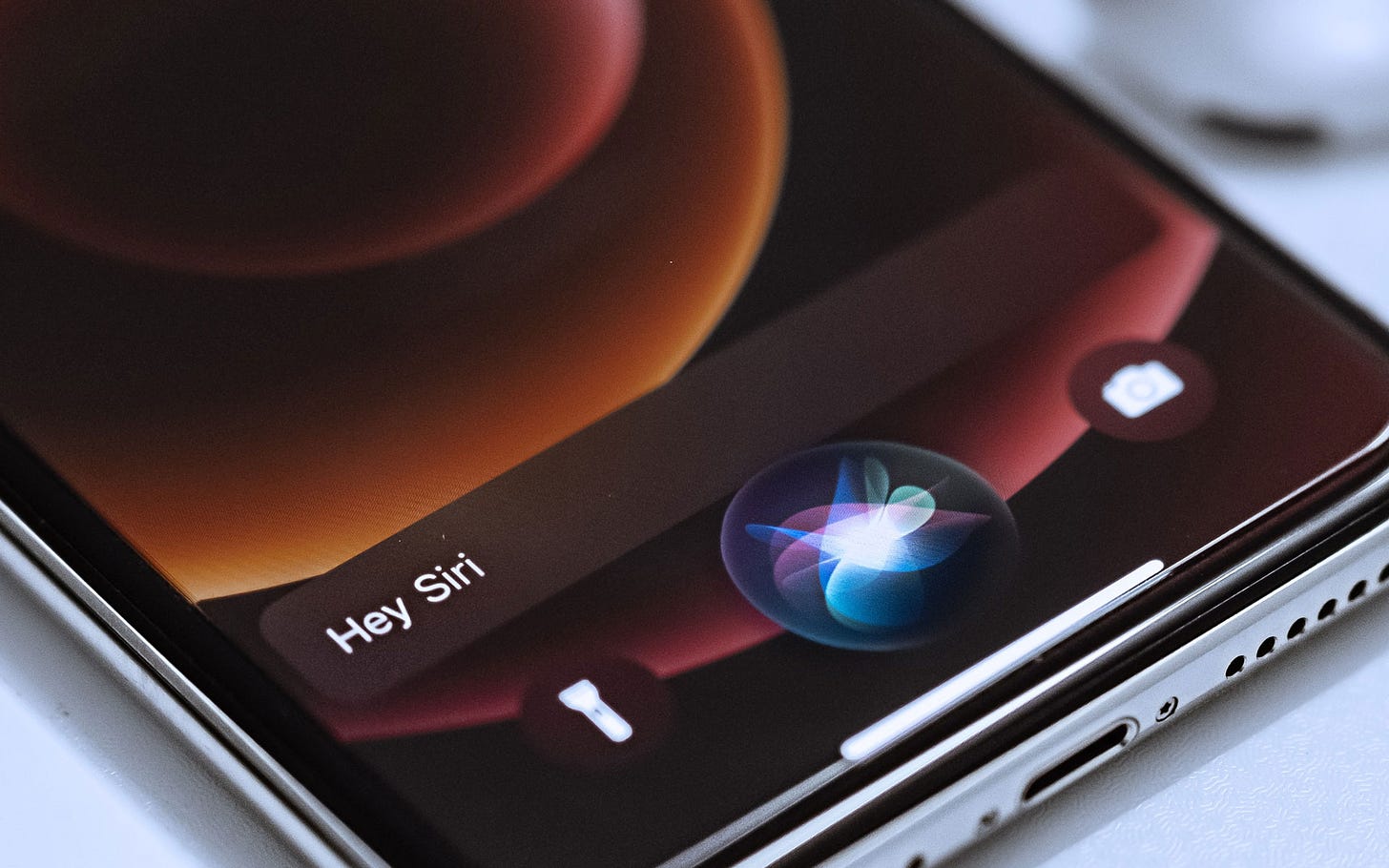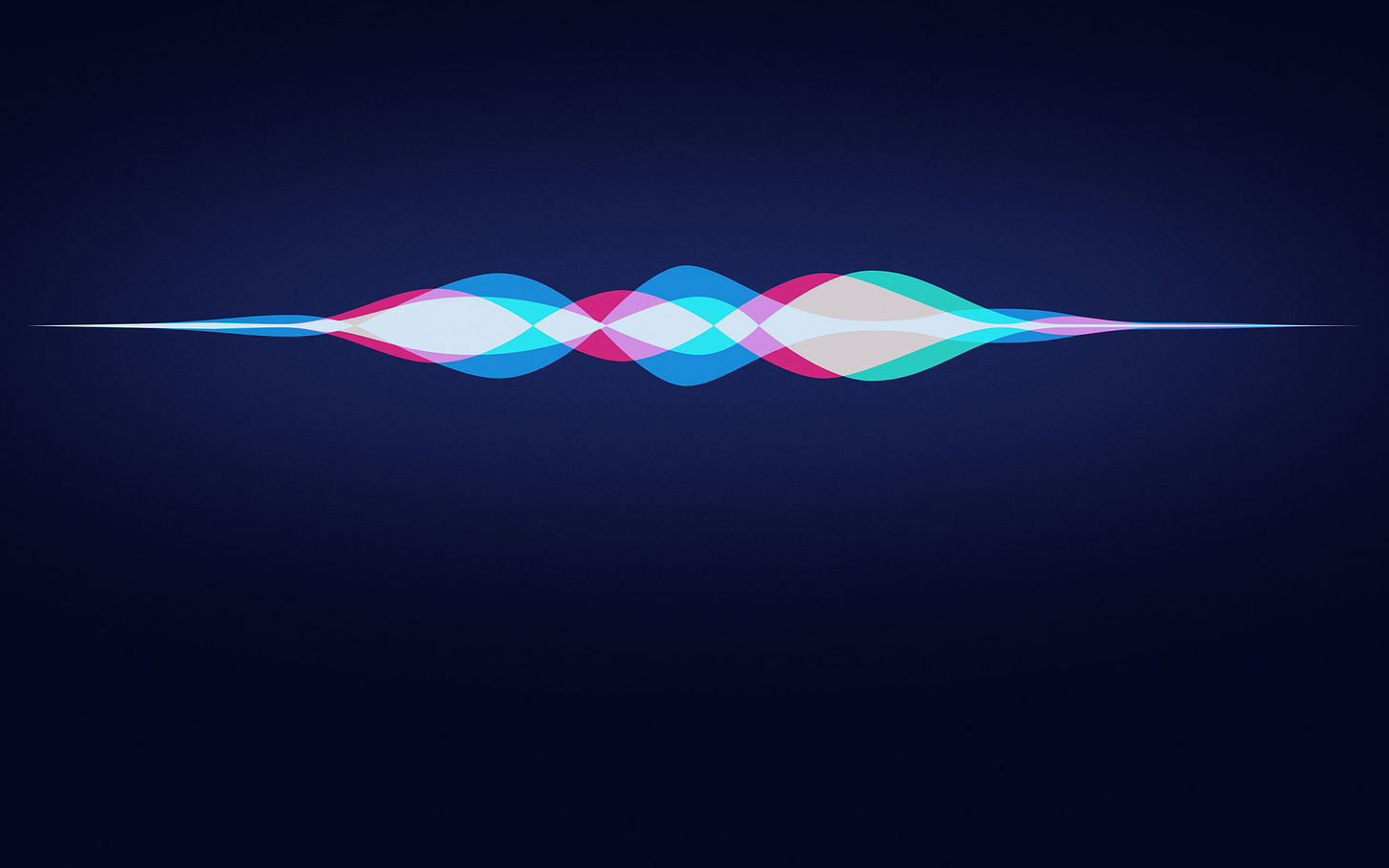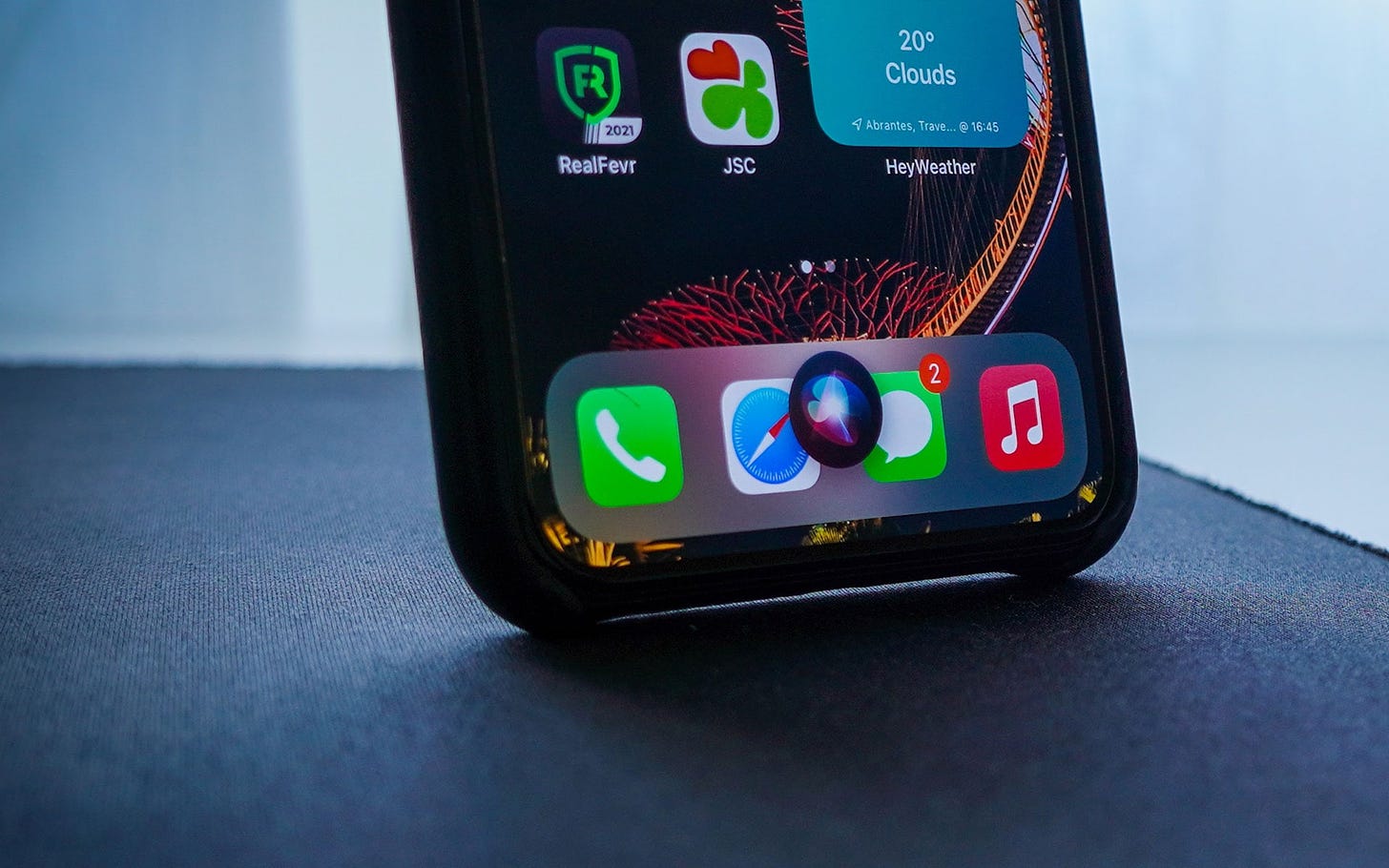Apple's Siri no longer female by default
Supporting inclusivity is never a bad thing - we'd all prefer more functionality, though

There's an interesting operating system update coming in the next few weeks to iPhones and iPads, the much-discussed iOS 14.5 which will offer a number of new features to the owners of those devices (even if the main reason it's been covered extensively by media outlets so far is the set of changes it will bring about in ad-tracking). There is one change it will be making, though, discovered in its latest beta release, which is important for different reasons: Siri, Apple's famous voice assistant, will no longer be a female by default.
For the longest time, all voice assistants used to have female voices not just by default, but exclusively - a sexist and stereotypical choice all tech companies made, practically proving that they are embarrassingly out of sync with today's societal sensibilities. Amazon's Alexa, Microsoft's Cortana, the Google Assistant and Apple's Siri all started out that way. After much criticism regarding the reinforcement of gender bias, most of those offered a male voice as an alternative - Alexa is still the exception - but this has to be selected through a device's settings... so most people never bother anyway.

Siri is the first voice assistant that will offer the option of speaking in a male voice during its setup, not after the fact. This will probably give the usage of Siri's male voice a nice boost, especially in new iPhone and iPad devices. Apple is also adding two new voices to its already numerous available ones - one male, one female, in English - bringing the total voices that offer Neural Text to Speech natural dialogue capability to thirty-eight. Siri, as of April 2021, supports twenty-one languages in thirty-six countries.
What every iPhone or iPad or Mac or Homepod owner would probably appreciate more than this new male/female voice implementation is actual progress in Siri's usefulness as a whole. Apple's voice assistant still lags behind Google Assistant and Amazon Alexa in several key areas and, truth be told, it is not nearly as widely used as it could have been otherwise. Siri is also mobile-oriented for the most part, meaning that it's not used on smart TVs and has so far failed to become relevant in the smart home space in general.

The Cupertino giant is constantly working on Siri's comprehension skills and intelligence regarding contextual answers to questions, yes - but it would take a serious leap forward in all aspects of this feature for millions of Apple device users to be convinced of its value in 2021. Prove us wrong, Apple!


